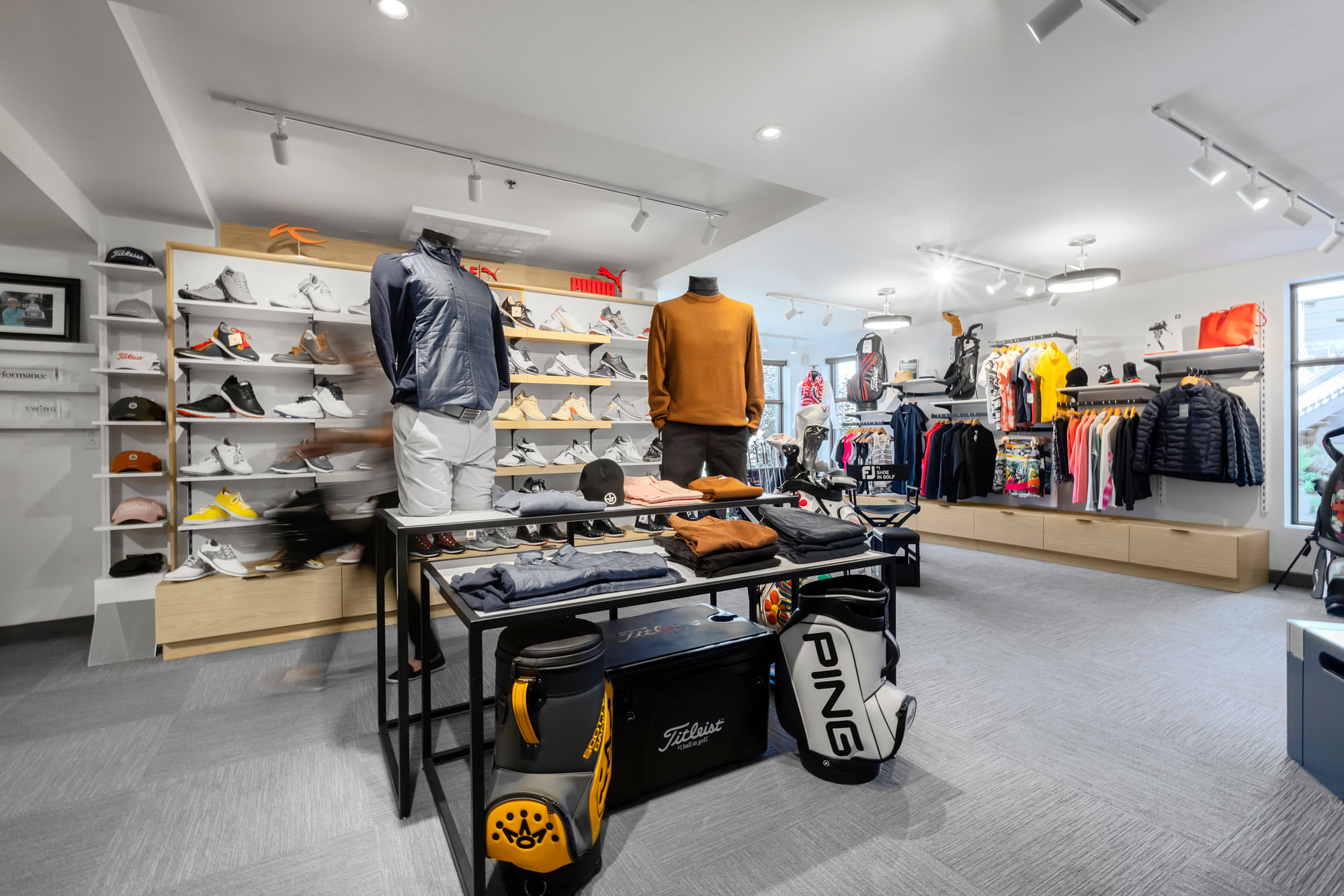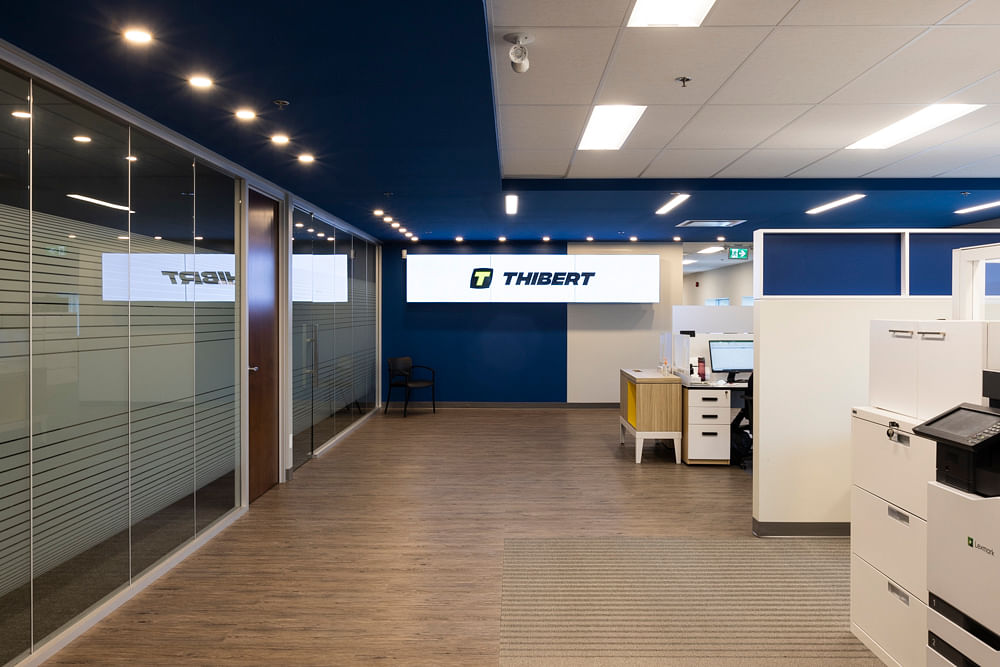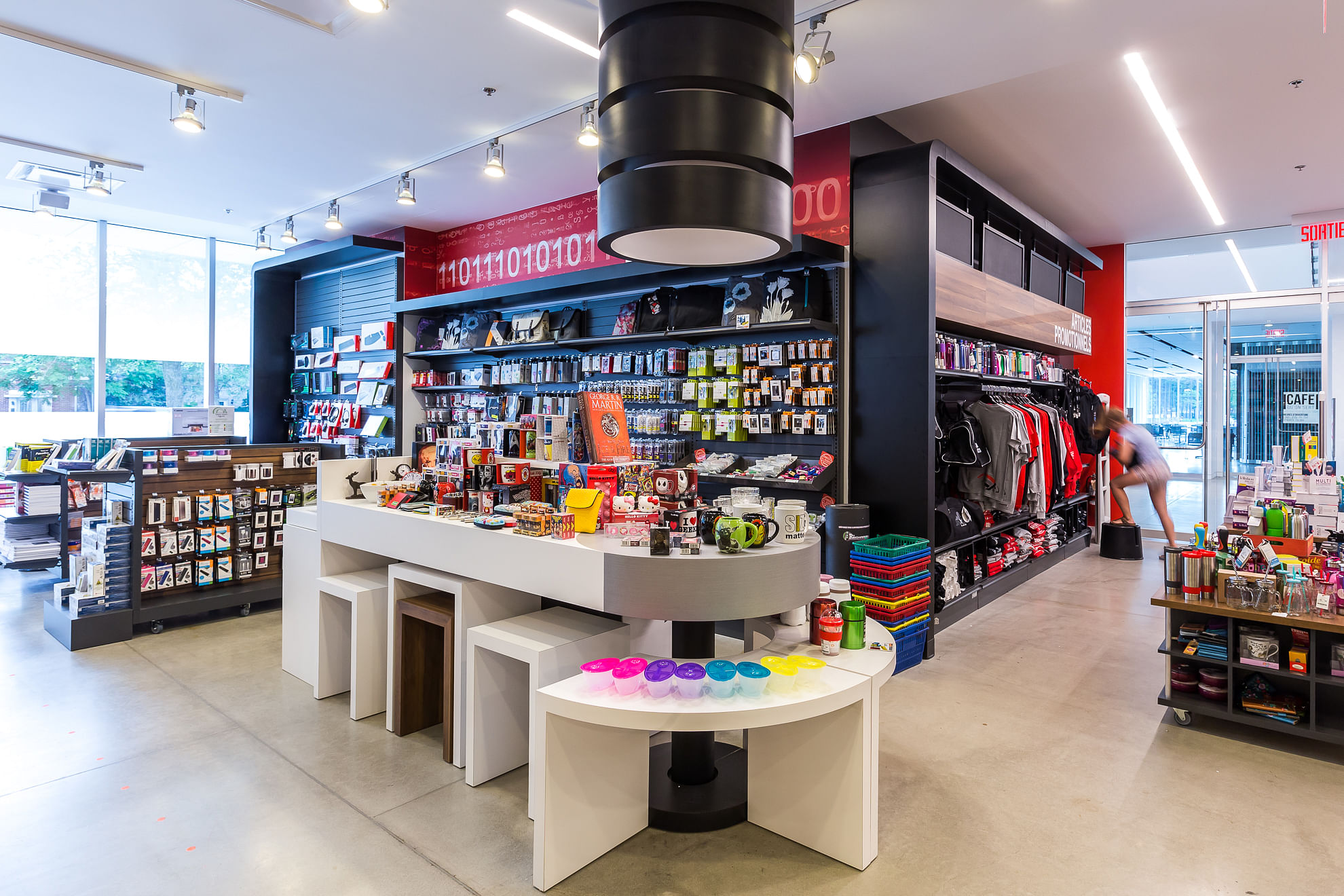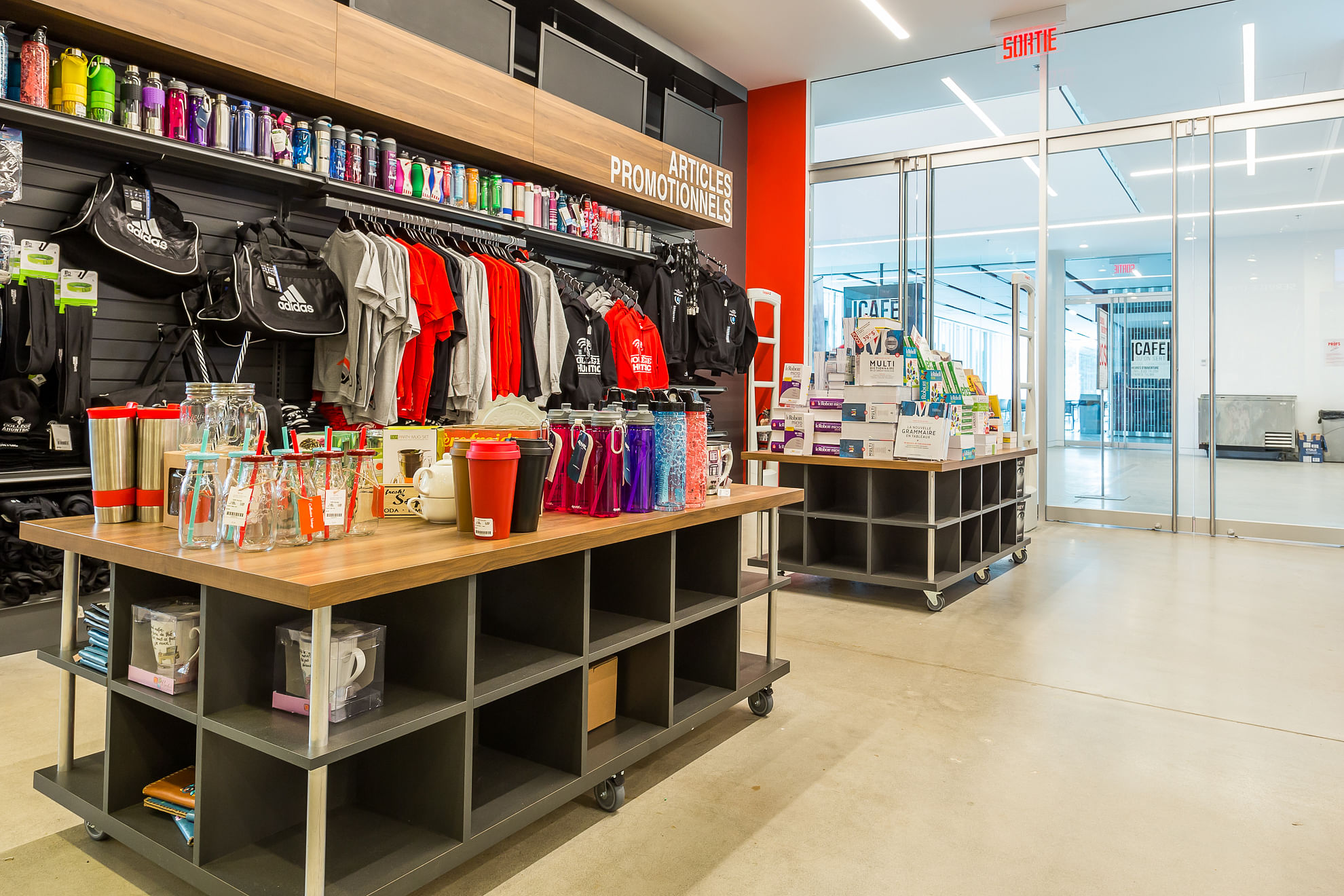Modular Design:
An Effective Response to the Evolving Needs of Commercial Spaces
What is modular design?
Modular design focuses on creating spaces that can easily adapt to changing needs. Unlike static designs, modular spaces are built with integrated flexibility, allowing for quick and efficient adjustments to accommodate variations in foot traffic, seasons, or shifts in customer preferences.
In a constantly evolving economic context, commercial spaces must be designed to adapt to rapid and varied changes. Modular design emerges as a key solution to these challenges by providing flexible environments that evolve with the users' needs.
The Principles of Modular Design
Modularity :
Modularity is at the core of this design. Modular elements, such as movable walls, adjustable shelves, and reconfigurable furniture arrangements, allow for easy reconfiguration of the space based on specific needs.
Functional Flexibility :
Modular spaces are designed to serve multiple functions. For example, a retail space can be transformed into a presentation room or an event area depending on the current needs.
Scalability :
Modular design solutions incorporate scalable elements that allow spaces to adjust to future changes without requiring major renovations.
Examples of Applications
Modular design proves to be extremely versatile in various commercial contexts. Modular designs allow for the reorganization of displays to align with seasons and promotions, ensuring both attractive and functional presentation. Adaptive configurations facilitate the creation of collaborative or focused workspaces depending on team needs. Lastly, modular configurations optimize space during peak times, such as back-to-school season or holiday periods.

Retail Stores
Modular designs allow for the reorganization of displays based on seasons or promotions, offering an attractive and functional presentation of products.

Office Spaces
Adaptive offices can be reconfigured to meet the varied needs of teams, such as creating collaborative spaces or focus areas.

Seasonal Retail Spaces
Adaptive configurations allow for optimizing spaces for seasonal peak times, such as back-to-school season or holiday periods.

Modular design represents a modern and effective approach to creating commercial spaces that meet the dynamic needs of users. By adopting principles of modularity, functional flexibility, and scalability, businesses can design environments that quickly adapt to changes and optimize the customer experience. Integrating these principles into your projects can not only enhance space efficiency but also provide a more satisfying experience for users.
Contact us to discuss your project and discover how our adaptive design solutions can transform your commercial space!